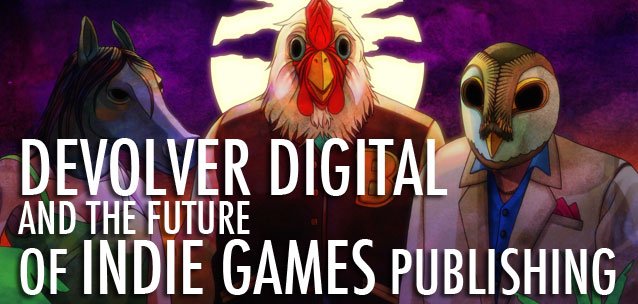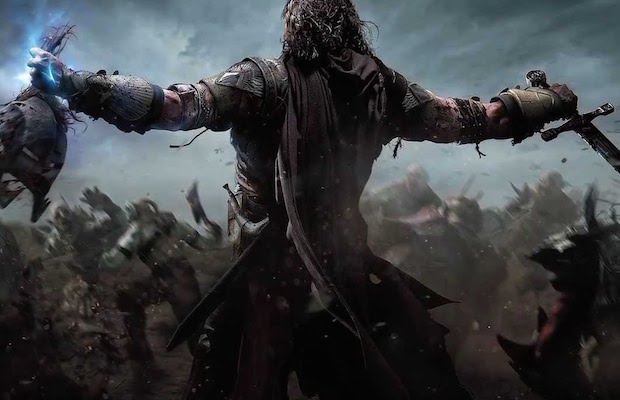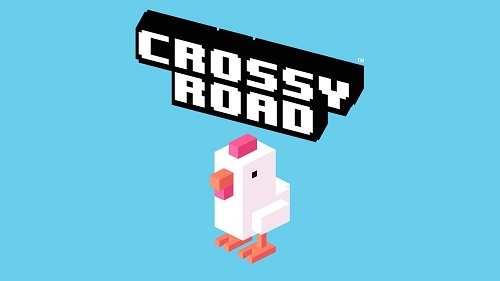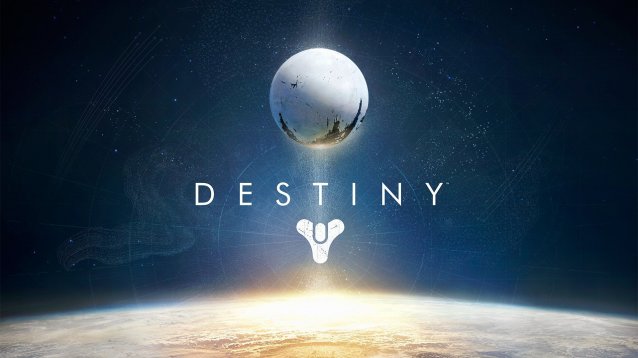


Another E3 is ending, and we’re none the wiser as to the future of our beloved medium. What was shown on the floors were mostly re-hashes, re-heatings and new installations of old franchises and concepts, with very, very few truly new and innovative ideas thrown in the mix. It seems gaming as a whole has become terribly stagnant, more so than even naysayers like myself have dared to imagine. When one of the biggest trends of upcoming games is “neck stabbing”, when even relatively tame franchises like Tomb Raider suddenly turn into third person manshooters, when even Star Wars is not safe from jumping on that bandwagon, things have turned foul.
Some voices on the net say, E3 doesn’t represent gaming as a whole. But what it represents are the loudest voices, the voices with the most money in the industry, who dictate the direction gaming as a whole is taking.Some voices on the net say, E3 doesn’t represent gaming as a whole. But what it represents are the loudest voices, the voices with the most money in the industry, who dictate the direction gaming as a whole is taking. I can’t help but feel left out more than just a bit here. I’ve bemoaned gaming’s reluctance to grow up for quite some time now, and from the looks of it, things won’t be getting better any time soon. Instead, we get even bigger and even more huge Michael-Bay-esque super shooters with humongous budgets to wow the crowds. Even more games that add more or less mandatory multiplayer components because of the ill conceived notion that that’s what the crowds want.
As an industry event, E3 is borderline repulsive to me. But that’s mostly because it’s just that—an industry event. Maybe it’s a bit much to ask for an event like this to present more meaningful games, games that can rightfully be called art. Yes, I’m going there. What E3 represents, as a whole, is the worrying trend of games becoming even more commodified than they are today. If that’s even possible. The trends and new features we have seen on stage at E3 make it appear as if the developers, publishers and most of the people working in the industry don’t care about anything but pandering to the lowest common denominator. There’s explosions, tits and knives to the throat. Bells and whistles aplenty, but little in terms of meaningful experiences and better, deeper interaction.
That is not to say that there weren’t any games shown that could interest me. However all of those that actually got through to me, were part of this big machine. Glimpses of hope, glimpses of the things I want beneath a thick layer of glitz. Most games on show however seemed to consist of little more than just glitz. Gaming is turning from a style-over-substance medium in a medium that serves nothing but style, nothing but instant gratification.
And then there’s the over abundance of violence that gets more and more horrible from year to year. It’s a vicious cycle, a downward spiral, things are getting worse, we all see it, we all know it, yet still we cheer in unison when people are brutally murdered on screen. There seems to be little—if any—effort in the industry to move away from as-violent-as-possible combat in games as the main serving, held together by only as much as a single, meager thread of a plot. The violence we will see in games of the future is becoming more and more realistic, but at the same time it’s going more and more over the top. And that too is a very worrisome trend.

The biggest problem for me though is the lack of new, really fresh ideas. Gaming isn’t dead, not yet. But if things continue down this path, there’ll soon be nothing left for me to play. At least not in the mainstream. Most of the concepts and trends shown here were either some that I’ve already played and seen ten thousand times before in other, older games. Maybe in lower resolution and definition. And maybe not quite as violent. But still. Third person cover shooting can only do so much. First person shooters—or just first person games, not everything needs to be a shooter—could do so much more, but all we seem to get is just another shot (pun intended) at the Call of Duty Throne of Mammon.
Even those games that presented more or less fresh ideas in recent years were either absent, or changed to fit the now best-selling mainstream mold. Mirror’s Edge 2? Not on show. Beyond Good and Evil 2? Neither. Dead Space 3? Becomes a co-op cover shooter. And the list goes on. Nintendo are selling a console on the back of games that will be most likely more than a year old by the time of its release, with some—probably—tacked on touch controls. The first party Nintendo games weren’t very impressive. Yes, Pikmin 3 looks adorable. So does that new Rayman. But that’s it. Good looking games. Not breathtaking new concepts or ideas or anything that hasn’t been done before.
Some attribute this rampant stagnation to the current console cycle being in its last breaths, the next generation of hardware being just around the corner. But that can’t be an excuse. Yes, the current consoles are old, but that doesn’t mean that fresh ideas aren’t possible to execute with the hardware at hand. Just look at the amount of money a current AAA game gobbles up in development. That, the horrendous production costs, too, are a big problem, since they quell innovation and have the industry as a whole stick closer to what sells, or at least to what seems to sell best. This generation of consoles is old, but that can’t be the reason for games lacking innovation in writing, storytelling and meaningfulness. This is a problem that runs much deeper, and it is my impression that it’s mostly to blame on risk-averse publishers who rather stick to their established concepts then try out new things.
Games are a commodity, that’s true. But they’re also an art form. And it’s been shown before time and again that those two aren’t mutually exclusive. The question must be asked why the industry as a whole doesn’t seem to see it that way.




 How to earn more Crossy Road PC Coins faster, Tips Guide
How to earn more Crossy Road PC Coins faster, Tips Guide Firefox's Website Suggestions Changed: Here's How to Revert It
Firefox's Website Suggestions Changed: Here's How to Revert It Destiny: Festival of the Lost Guide
Destiny: Festival of the Lost Guide Game of the Year 2012 Predictions
Game of the Year 2012 Predictions Threes Company Mission Guide In Grand Theft Auto 5
Threes Company Mission Guide In Grand Theft Auto 5